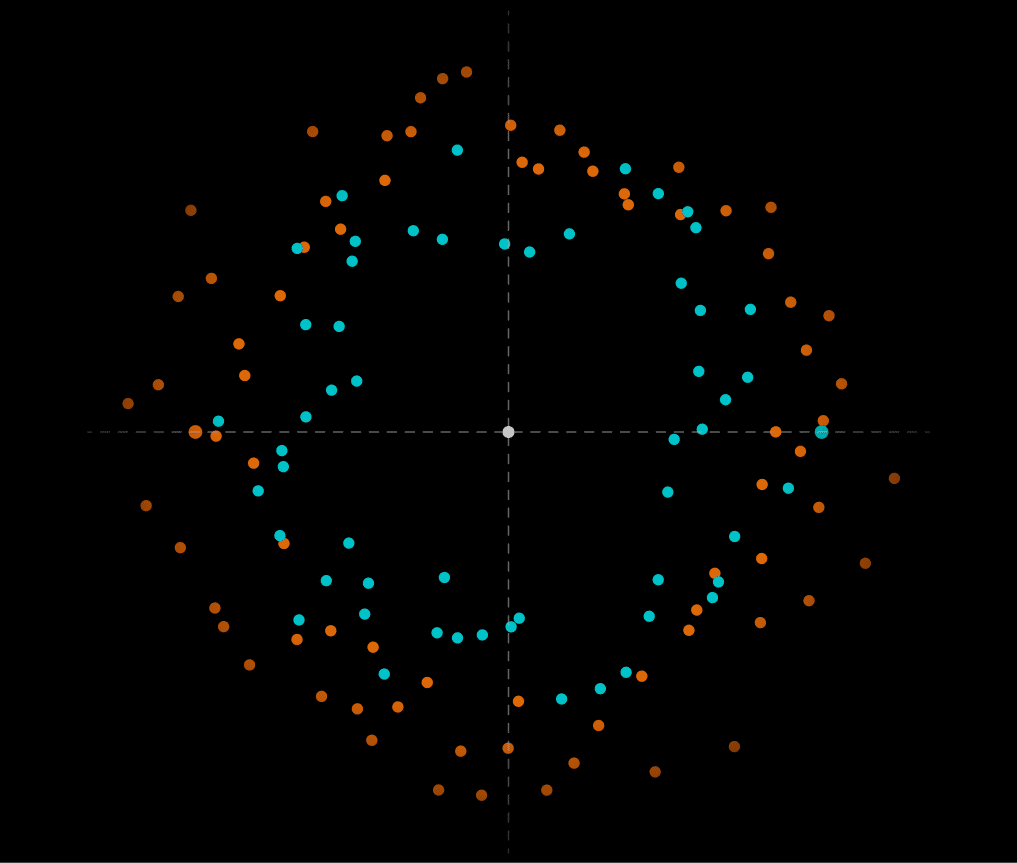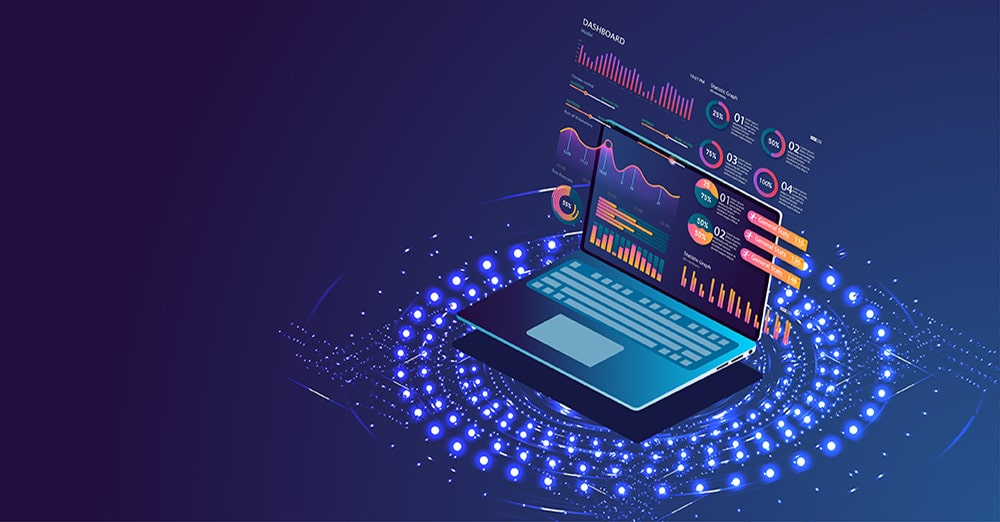It may come as no surprise that there was a particular focus on generative AI, ChatGPT, and leveraging OpenAI’s capabilities, with Microsoft aiming to enhance its offerings and maintain its market-leading position. However, these developments raise concerns about a potential single-source dependency, prompting speculation about the acquisition of OpenAI by Microsoft.
In this blog post, we will delve into Microsoft’s 5 key announcements.
#1 Copilot: Microsoft’s Generative AI Assistant
Microsoft unveiled Copilot, an innovative feature that incorporates generative AI technology into its core operating systems and Office 365 products. Copilot acts as an assistant within Office apps and also resides as a taskbar button, assisting users with various tasks on their PCs. While the demos were impressive, it will be interesting to see how this performs in the real-world and if it will be widely accepted and utilised, or if it will become the next generation of ‘Clippy’ for the AI era.
#2 Bing & ChatGPT: Augmenting Knowledge With Bing Search
ChatGPT’s main limitation lies in its knowledge being restricted to information before September 2021. To address this issue, Microsoft plans to integrate Bing Search with ChatGPT, allowing the search results from Bing to supplement ChatGPT’s responses and keep it up to date. Additionally, Microsoft aims to ensure interoperability between ChatGPT plugins and Bing, enabling integration of the results. Although similar to Google’s approach with Bard, the vast user base of ChatGPT suggests the potential for a significant increase in Bing Search usage.
#3 Azure AI Studio: Building Custom Models and Ensuring Safety
Microsoft introduced Azure AI Studio, a platform that empowers developers to build their own models and create functionalities on top of them. This initiative also emphasises the importance of AI safety, allowing developers to test applications and mitigate any potential issues that may arise.
#4 Microsoft Fabric: A Complete End-To-End Analysis Platform
Microsoft Fabric, a direct competitor to Snowflake, offers a comprehensive solution for data engineering, storage, warehousing and analytics. Fabric introduces OneLake (a centralised, simplified storage service), Data Activator (a system for building complex, data-driven alerts) and the integration of Copilot into Power BI to help build eye-catching reports from natural language prompts.
#5 Single-Source Dependency and the Potential Acquisition of OpenAI
Microsoft’s commitment to infusing generative AI across its product range is a strategic move aimed at reclaiming market share from Google in productivity and search. However, this strategy also poses a significant risk—a single-source dependency on OpenAI. If OpenAI were to cease supplying Microsoft with technology, it could impact the company’s core business and profitability, leading to a potential decline in its share price. Consequently, acquiring OpenAI becomes a critical consideration for Microsoft to mitigate this risk.
Overall, it’s clear that Microsoft continues to make strides in AI, with the integration of OpenAI’s technology into its products holding testament to this and demonstrating the value and investment that Microsoft are placing on this type of technology. With millions of users everyday across their suite of products and services, this focus on AI holds promise for enhanced functionality and improved user experience, and we can’t wait to see it evolve more.
Discover more about Microsoft Build here.





